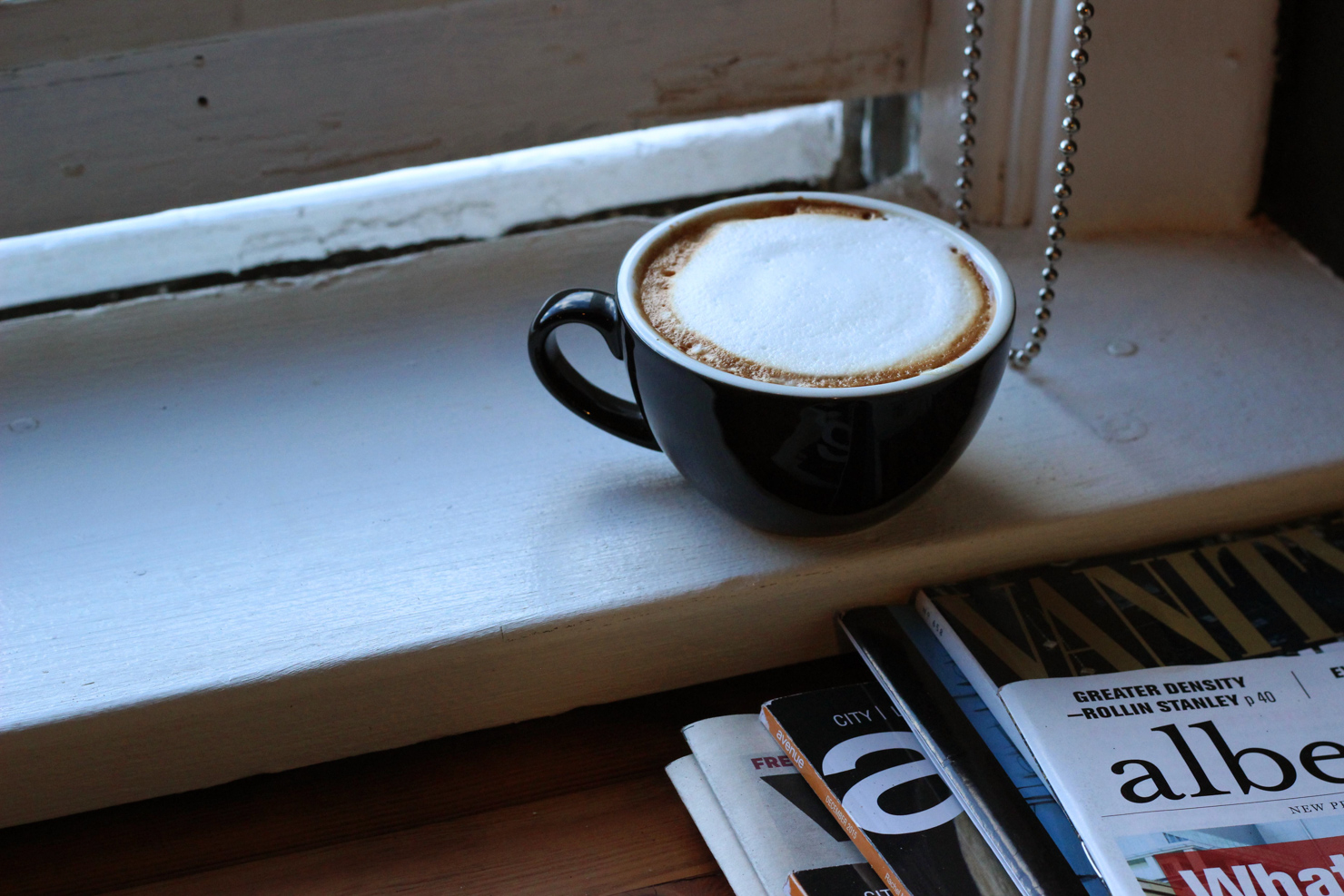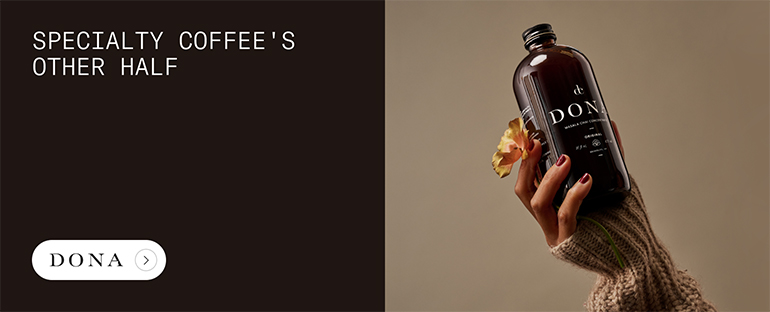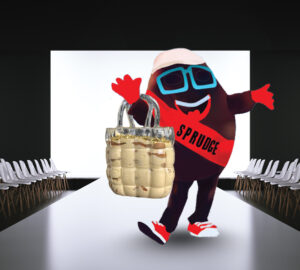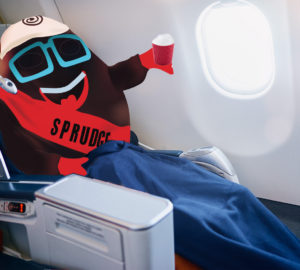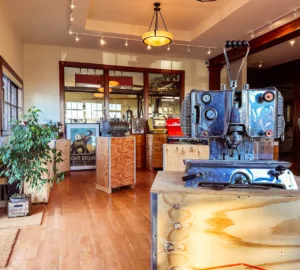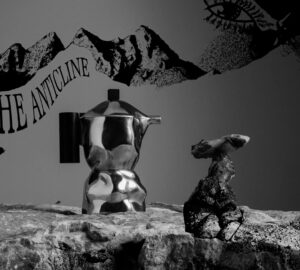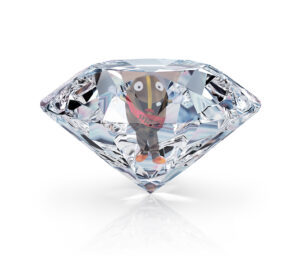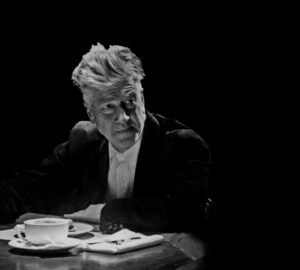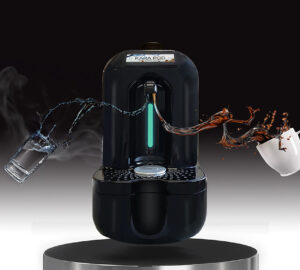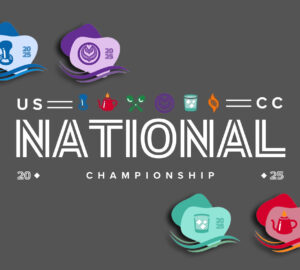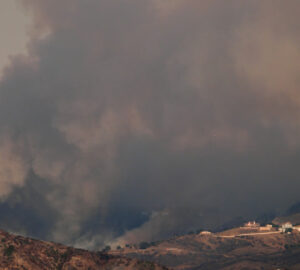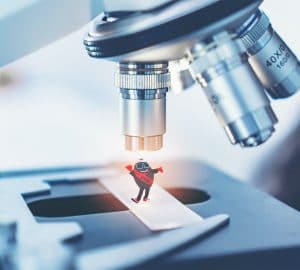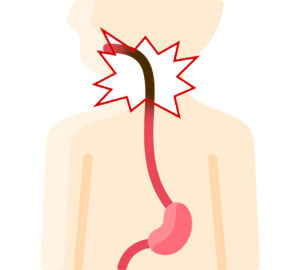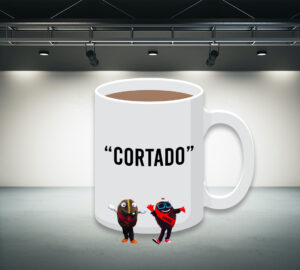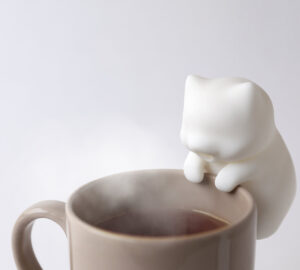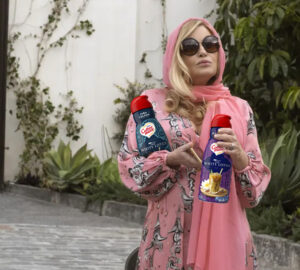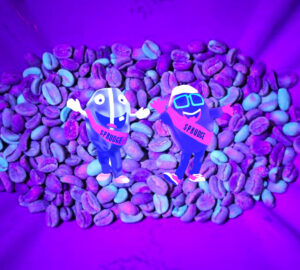When it comes to aging, no one really wants to. Your bones hurt for often embarrassing reasons (I sneezed too hard in the shower once and was out for a week), injuries you’d once walk off now sideline you for extended periods of time, hangovers come after fewer and fewer drinks and with increasing cruelty, and perhaps worst of all, aging makes you come face to face with your own mortality. It makes sense then that we as humans opt to do everything in our power to appear younger instead of coming to terms with our own in-infinitude.
One of the largest signifiers of advancing age is known as male pattern baldness, marked by the thinning, receding, and outright disappearance of the hair on top of the head. And according to a new study, coffee may be hastening the inevitable, and along with other drinks like sweetened tea, sodas, and energy drinks may be linked to increased instances of male pattern hair loss (MPHL). But there may be a sliver of hope yet for drinkers of some types of coffee.
Published earlier this month in the journal Nutrients, the study was performed by researchers at Tsinghua University in Beijing. To reach their findings, the researchers over 1,000 participants between the ages of 18 and 45 from 31 provinces “covering most geographic regions in mainland China.” Through an online questionnaire, participants were asked about basic socio-demographic information, hair status, diet, lifestyle, and psychological status. For the purposes of the study, researchers were focused primarily on sugar-sweetened beverages (SSBs): “sweetened juice beverages, soft drinks, energy and sports drinks, sweetened milk, sweetened nut milk, sweetened tea beverages, and sweetened tea and coffee.”
When dividing participants into one of four categories based on weekly SSB intake—Never (0mL), Small Amount (1-1,500mL), Moderate Amount (1,500-3,500mL), and Large Amount (>3,500mL), researchers began to see a trend between SSBs and MPHL. For sweet coffee and tea drinks, moderate consumption was linked with a “significant” increase in instances of MPHL, though lower levels were shown to be “non-significant”. With artificially sweetened tea and coffee though, even small amounts were associated with a significant increase, with the risk going up as consumption did. Interestingly, unsweetened coffee and tea in small amounts was also associated with a significant risk, but moderate and above amounts were non-significant.
Across the totality of the SSB drink classification, per NDTV, an up to 30% increase in the risk of MPHL was found.
The news is overall not too great for the coffee-drinking public. One can appreciate the Capuchin monks for offering a likeness for their namesake espresso drink without oneself wanting to don that traditional cappuccino look. Luckily, those who prefer non-sugary coffee don’t yet have to choose between aging gracefully and drinking coffee, so long as they drink a lot of it.
Zac Cadwalader is the managing editor at Sprudge Media Network and a staff writer based in Dallas. Read more Zac Cadwalader on Sprudge.











